
THE PURSUIT OF EXCELLENCE 2.0 Strategic Plan 2022-2027
OF CALIFORNIA, RIVERSIDE SCHOOL OF BUSINESS
UNIVERSITY
The University of California, Riverside is a leader among public institutions in diversity and accessibility, and the School of Business reflects that mission in the makeup of our student body. We embrace our differences, as we understand we learn best from them.
Wang Dean, School of Business
the pursuit of excellence 2.0
The School of Business at the University of California, Riverside, home of the A. Gary Anderson Graduate School of Management, is situated in an international hub of commerce and trade, one of the world’s fastest growing regions—inland Southern California. This region is also rich with cultural diversity, making it an ideal location for a next-generation business school. The UCR School of Business articulates the vision, mission, values, and goals of our school through our 2022–2027 strategic plan, building on the foundation and successes of our earlier five-year plan, The Pursuit of Excellence 2017–2022. This new plan documents our ongoing commitment to our stakeholders and communities as we execute upon our vision, mission, and values, pursuing excellence in all we do.
Every business school aspires to produce future leaders, but few can boast of educating a student body that is diverse in every sense.
• 54.7% of the university’s undergraduate students are the first in their family to attend college, making the UCR School of Business a vehicle for upward mobility.
• 85% of the students in the undergraduate business program are ethnic minorities, reflecting the changing workforce and consumer base.
• 54% of the MBA students are from foreign countries, connecting us directly with the world economy.
• 70% of our alumni stay in Southern California upon graduation, developing the human capital that drives the region’s economic growth and vitality.
Our research explores and informs the creation, development, and management of growth around the world. As part of the University of California, we harness
the powerful resources of a leading research institution to study and develop information, business practices, and innovations that are felt worldwide. Because UCR’s multidisciplinary campus is located at the nexus of global markets and international enterprise, even our local engagement is interconnected with the global economy. Nearly half of the nation’s imported goods come through Southern California, and at the center of that intricate web are many distribution centers located in inland Southern California. Furthermore, California retains an entrepreneurial culture, with a reputation for innovation in business, leadership in economic growth, and an independent spirit.
UCR School of Business is the flagship business school of inland Southern California. We are building upon our reputation as an internationally recognized center of business education and research and support business enterprises as the next-generation business school.
This plan continues our journey together to realize our vision and achieve our mission.

3 business.ucr.edu
Yunzeng
“
”
Our Vision
We pursue excellence in all that we do, as our vision is ...
To be an internationally recognized leader in business education and research.
Core Values
INCLUSION: We celebrate the diversity of our institution and the inland Southern California region and embrace our differences as a source of strength and wisdom.
INTEGRITY: We adhere to strong ethical and moral standards, as they are consistent with the values that are core to our identity.
Our Mission
We create knowledge through impactful research, unlock potential through exceptional educational experiences and foster success in an innovative and collaborative environment, thereby contributing to the upward mobility of our diverse student population.
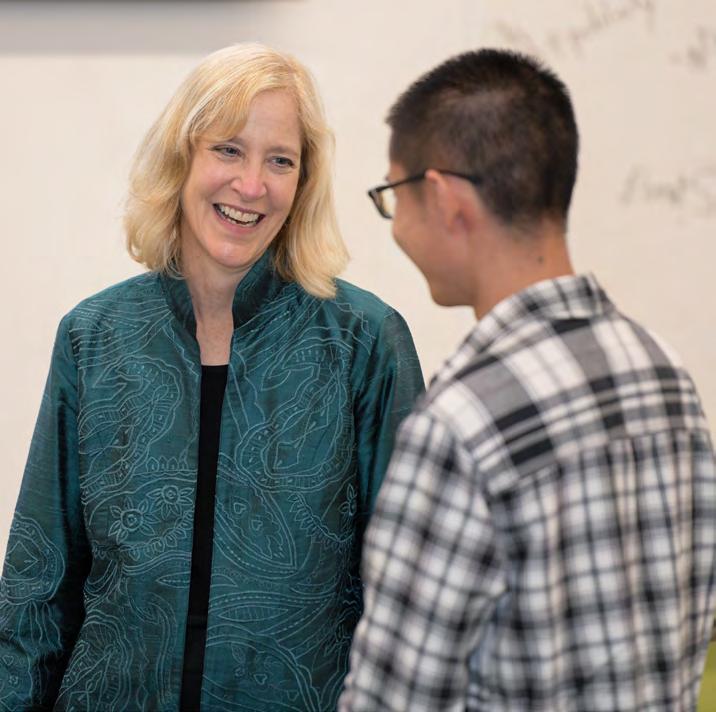
INNOVATION We empower our stakeholders to imagine, develop, and implement new ideas and solutions that address the challenges facing individuals and businesses in the global economy.

COLLABORATION: We are committed to a working environment based on respect, trust, and mutual support, and we use our knowledge and abilities to contribute to humanity.
Key Performance Indicators
This strategic plan details how we will accomplish our goals and, in doing so, will ensure fulfillment of our mission and achievement of our vision. The following categories of measurement, or key performance indicators, serve as principal gauges of our success:
STUDENT SUCCESS
STUDENT CALIBER AND DIVERSITY
FACULTY AND STAFF DIVERSITY FISCAL STRENGTH EFFICIENCY INSTITUTIONAL REPUTATION
FACULTY PRODUCTIVITY AND REPUTATION
SOCIETAL IMPACT
RECENT ALUMNI EMPLOYMENT OUTCOMES
ALUMNI ENGAGEMENT
UC Riverside School of Business Strategic Plan 2022–2027 The Pursuit of Excellence 4 5 business.ucr.edu
We accomplish our mission by adhering to our school’s core values.
Strategic GOALS
Through daily cultivation of an inspirational working environment, we enhance engagement and empower our stakeholders. It is a mutually beneficial relationship. Our research and teaching activities contribute knowledge and key insights to our stakeholders and society, and in return, our stakeholders enrich our experiences and relevancy and contribute to the financial stability of the School of Business.
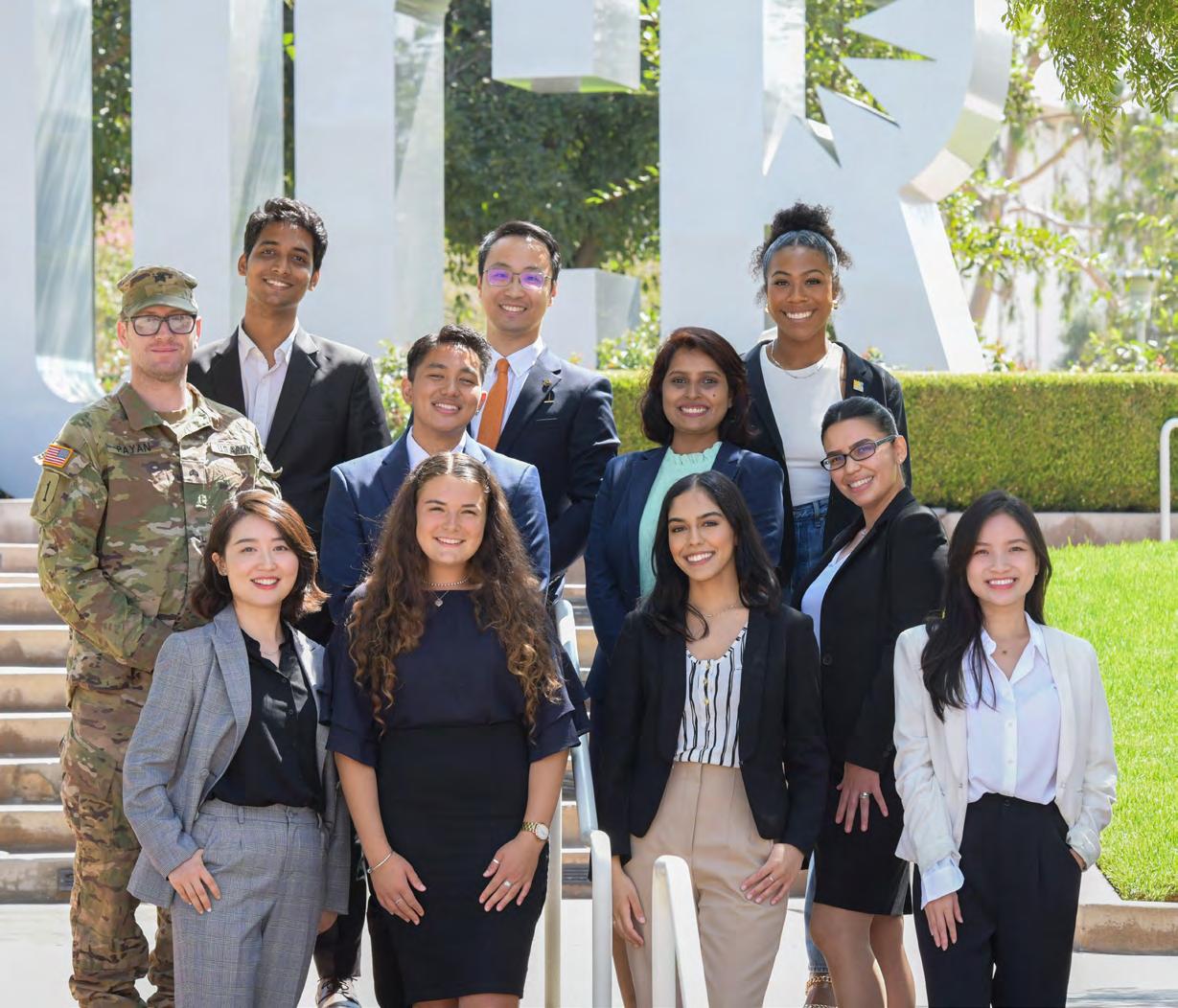
Environment
Engagement
Empowerment
UC Riverside School of Business Strategic Plan 2022–2027 The Pursuit of Excellence 6 7 business.ucr.edu
Increased engagement brings greater opportunities for all stakeholders, and in the process, improves our environment.
Each day, we work together to create an inviting, respectful, and inspiring environment empowered by the relationships we form.
We are committed to a culture that empowers our students, faculty, staff, and alumni to achieve excellence and better engagement.
Physical spaces
We will embark on the construction of a new multi-million-dollar stateof-the-art LEED Platinum School of Business building complex that will foster organic interaction and serve as a signature landmark for all our stakeholders.
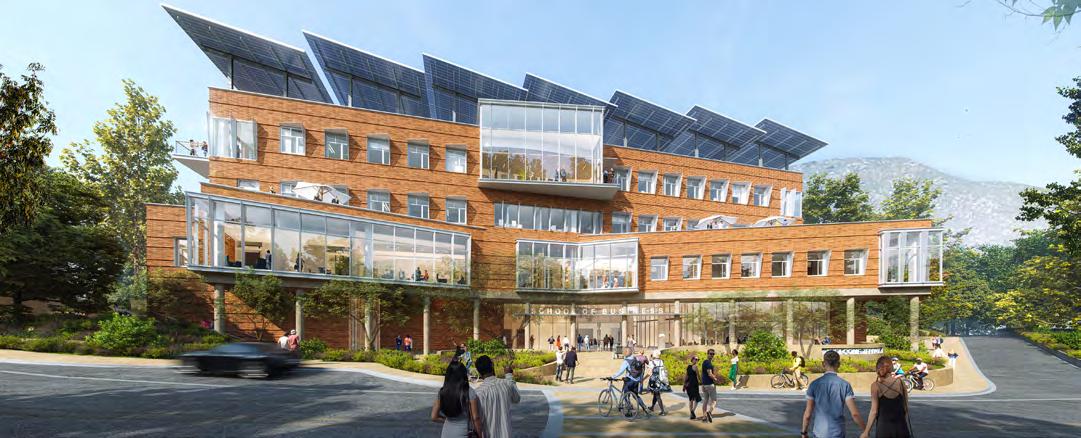
ENVIRONMENT
Organizational culture
Our success together relies on our collective efforts and individual roles. To promote individual accomplishment and our shared success, we will continue to:
• Foster a work environment of shared governance, responsibility, communication, and refinement in policies and procedures
• Encourage and embrace open dialogue and debate through formal and informal channels
• Develop an open, collegial culture that fosters and nurtures students, faculty, and staff to take risks, seek challenges, and empower others
• Promote and celebrate our accomplishments
• Foster community within the school
Connections
Our world-class environment extends far beyond the boundaries of the campus. To collaborate with our extended community and partners, we will continue to:
• Enhance and sustain engagement between employers, alumni, donors, and the school
• Establish a strong alumni culture of lifelong connectedness and giving back
• Fund a distinguished academic and professional visiting speaker’s series and host conferences on current management topics of interest
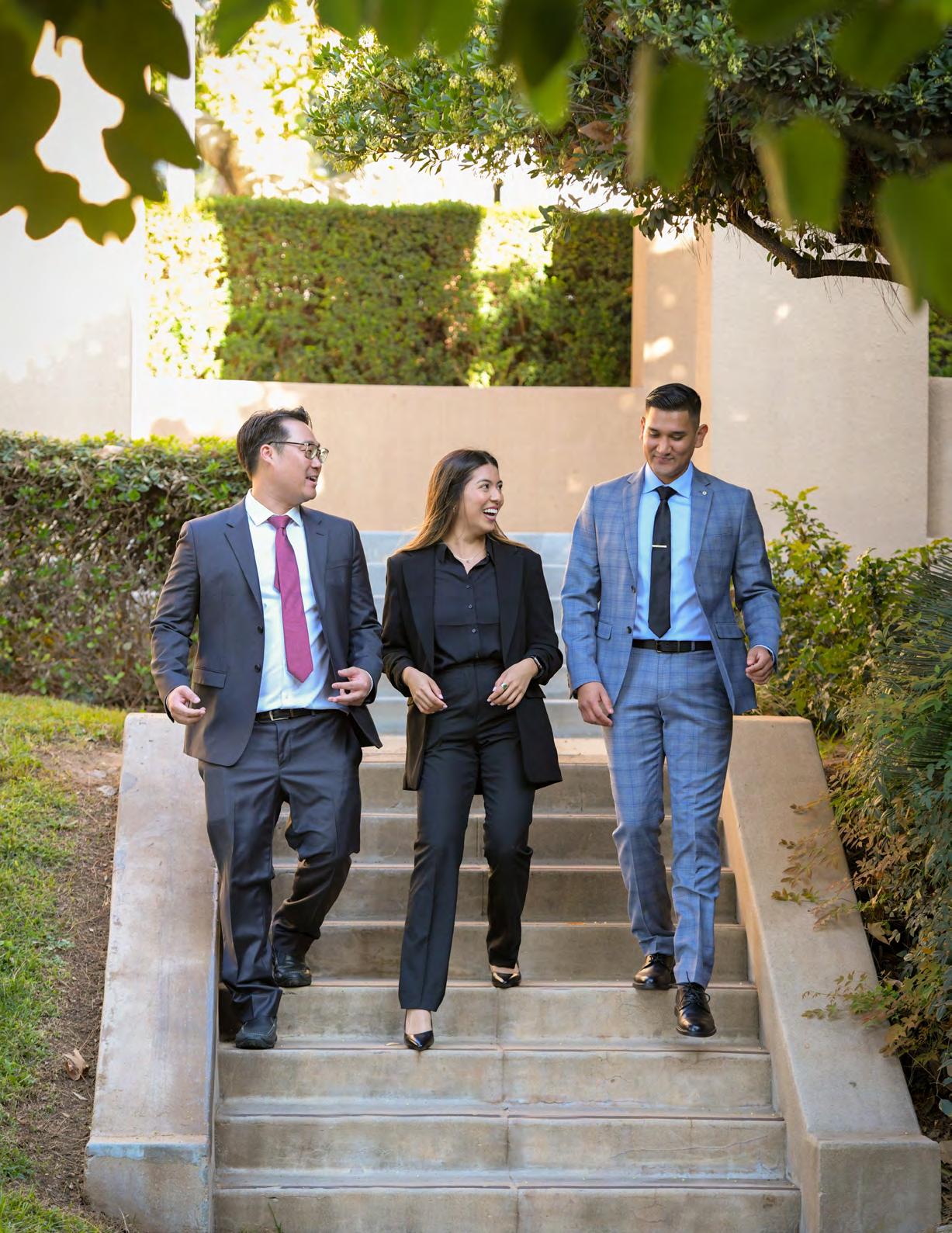
9 business.ucr.edu
We will deliver a world-class environment through our:
ENGAGEMENT
Undergraduate programs
To deliver the best possible learning experiences for our students, we will continue to:
• Explore new program opportunities and effective ways to combine and build on existing programs
• Determine an effective balance between remote and in-person learning
• Promote education abroad
• Integrate soft skills into learning outcomes
• Expand opportunities for experiential learning
• Determine the viability of expanding the school’s Career Development Center to serve the undergraduate population
• Enhance and systematize guest speakers in courses and clubs
Graduate programs
In our ongoing effort to deliver graduate programs that meet the needs of students today and tomorrow, we will continue to:
• Continuously review and revise curricula to enhance students’ competitiveness in the job market
• Increase domestic student enrollment in graduate programs
• Explore new specialized master’s and certificate programs
• Explore alternative formats for graduate programs and offer an online MBA
• Expand the eligibility to enroll in the Master of Science in Business Analytics program by establishing a track for students with a nonbusiness or statistics background
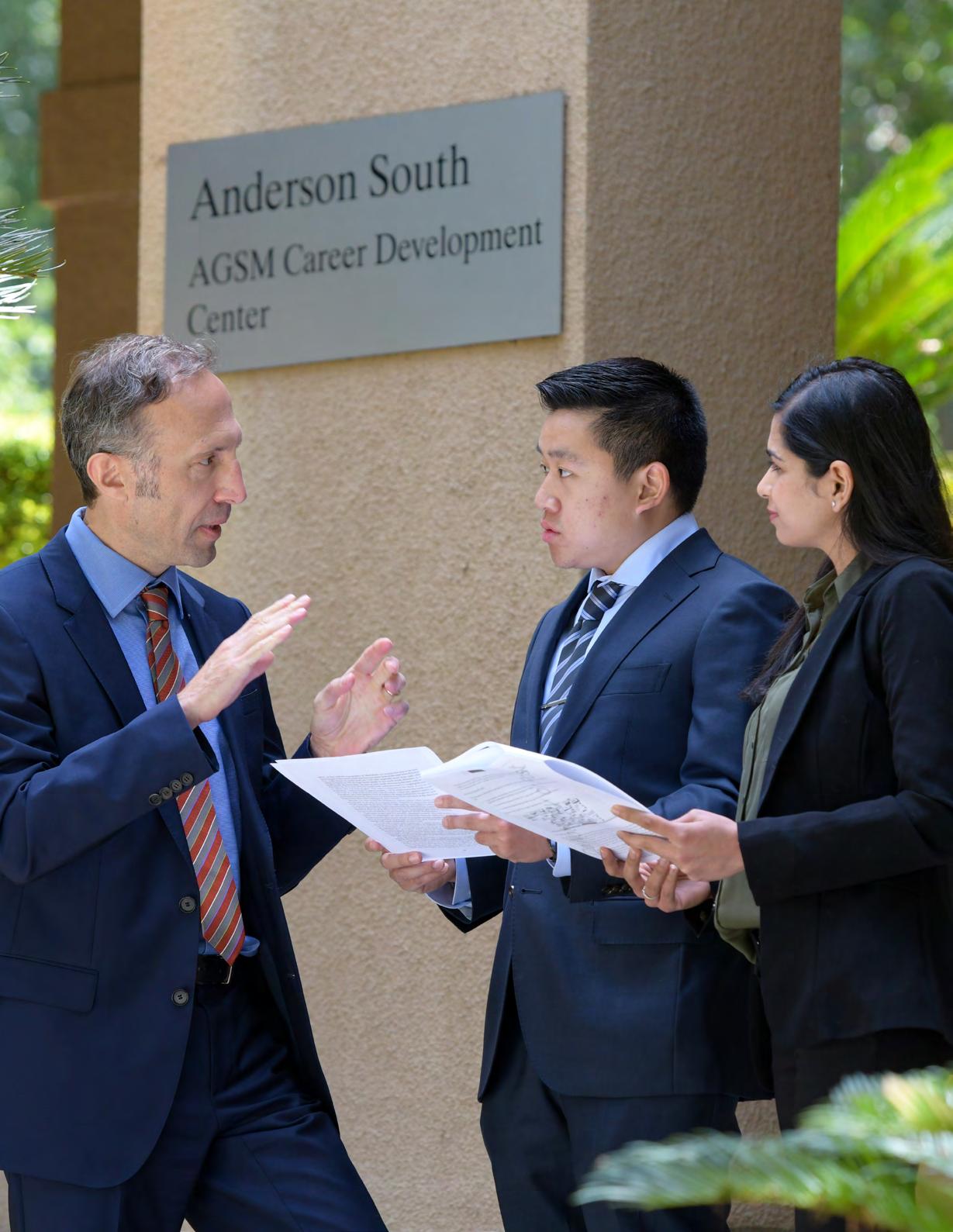
• Ensure that our financial aid is competitive to attract and yield high-quality applicants
• Expand the Career Development Center to increase industry outreach and to support student achievement
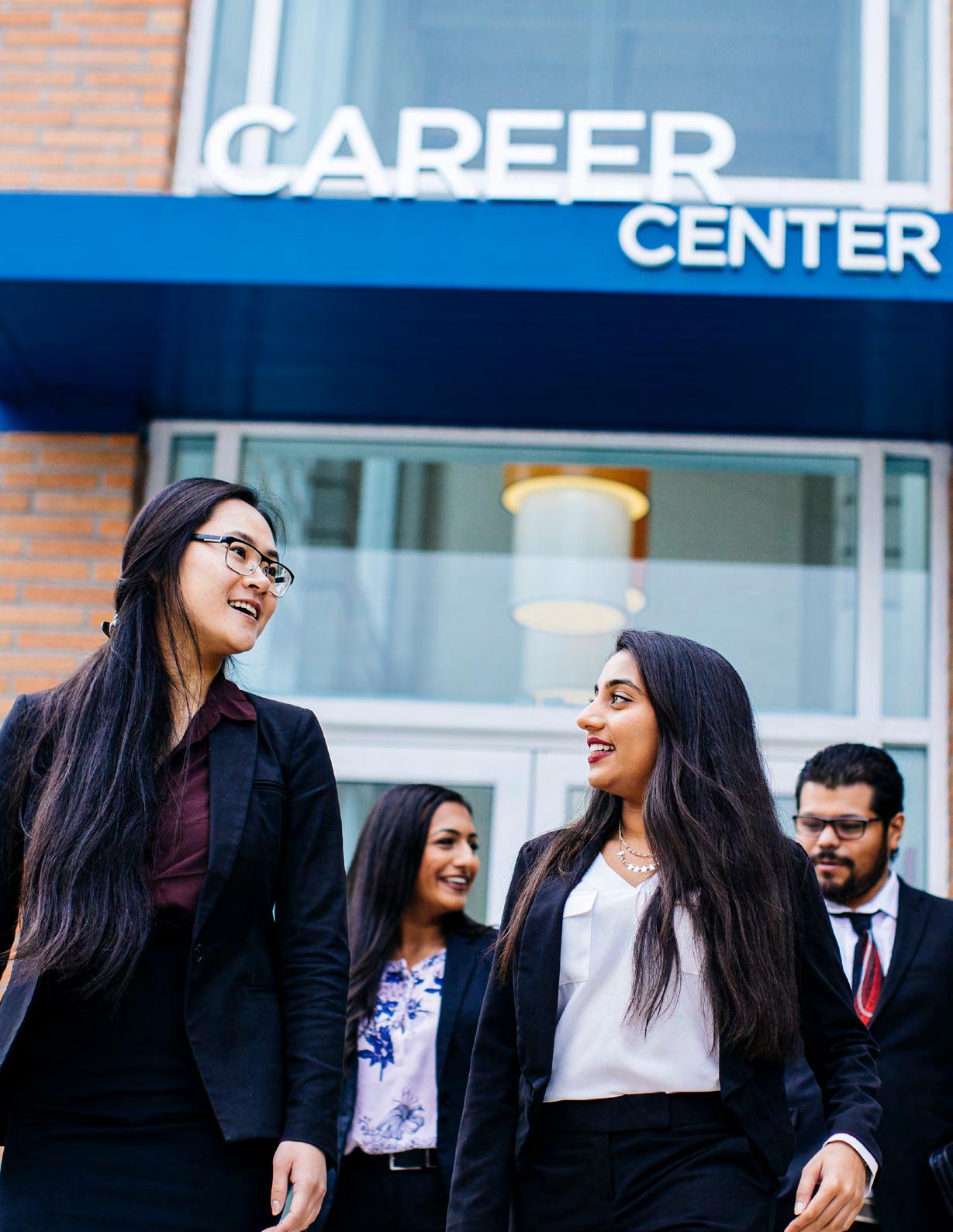
Research Enterprise
Staying at the cutting-edge of research is vital to our success, and to accomplish this, we will continue to:
• Offer incentives that promote high-quality research and teaching excellence in hiring, merit, retention, and promotion
• Make breakthrough research and resources accessible to the academic and professional communities
• Facilitate the exchange of research ideas
• Enhance our diversity initiatives to nurture an inclusive research environment
UC Riverside School of Business Strategic Plan 2022–2027 The Pursuit of Excellence 10
We will engage our students in rigorous learning and discovery throughout our:
EMPOWERMENT
Our success depends on our ability to empower our:
People
To nurture our success as a school and the accomplishments of everyone, we will continue to:
• Empower, recognize, and promote individuals who distinguish themselves through their leading-edge scholarship, teaching, and service
• Foster a work environment that empowers individuals to excel and advance
• Reinforce a supportive community, one that helps members deepen professional investigation and achievement
Culture of Continuous Improvement
Our ability to adapt, grow, and improve is vital to fulfilling our mission and achieving our vision. To foster this ever-improving environment, we will continue to:
• Focus on diversity, equity, and inclusion in recruiting students, staff, and faculty
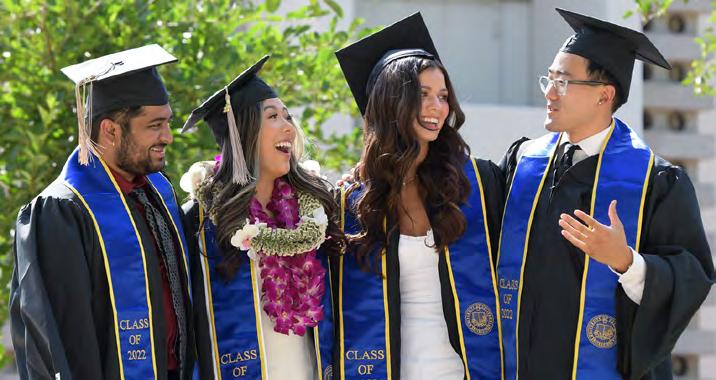

• Recruit international graduate students from a broad range of countries
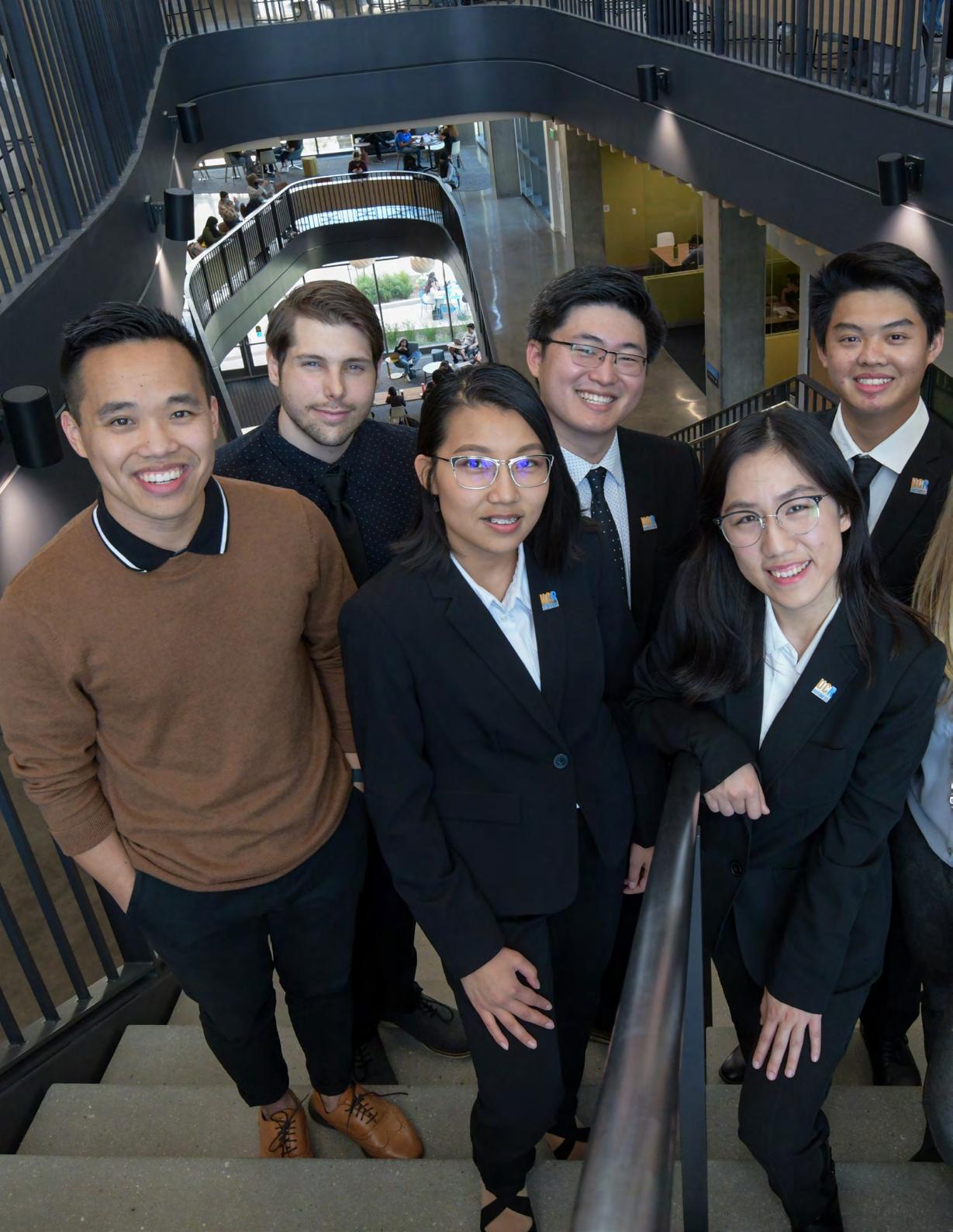
• Provide an excellent stakeholder experience in the most effective manner to empower those inside and outside of the organization to carry out their tasks in the most efficient way
• Empower continuous improvement in policies and procedures
13 business.ucr.edu
IMPLEMENTATION
This strategic plan commits the School of Business at the University of California, Riverside to multiple goals designed to achieve excellence in all we do. Our excellence is based on an environmental foundation that fosters engagement and empowerment.

The implementation of the plan will rely on our existing governance structure and policies and be executed in collaboration with the university’s administration. In addition, we will form a strategic plan implementation committee tasked with reviewing and refining the strategic plan on an annual basis.
A schoolwide annual retreat will take place where the Strategic Plan Implementation Committee will report to the community on progress and obstacles to the execution of the plan and suggest modification if needed.
The immediate need is clear, and we will focus on implementing several important priorities within the first few years of the plan:
• Complete the construction of the new business school building that will foster organic interaction and serve as a signature landmark for all our stakeholders
• Focus on diversity, equity, and inclusion in recruiting students, staff, and faculty
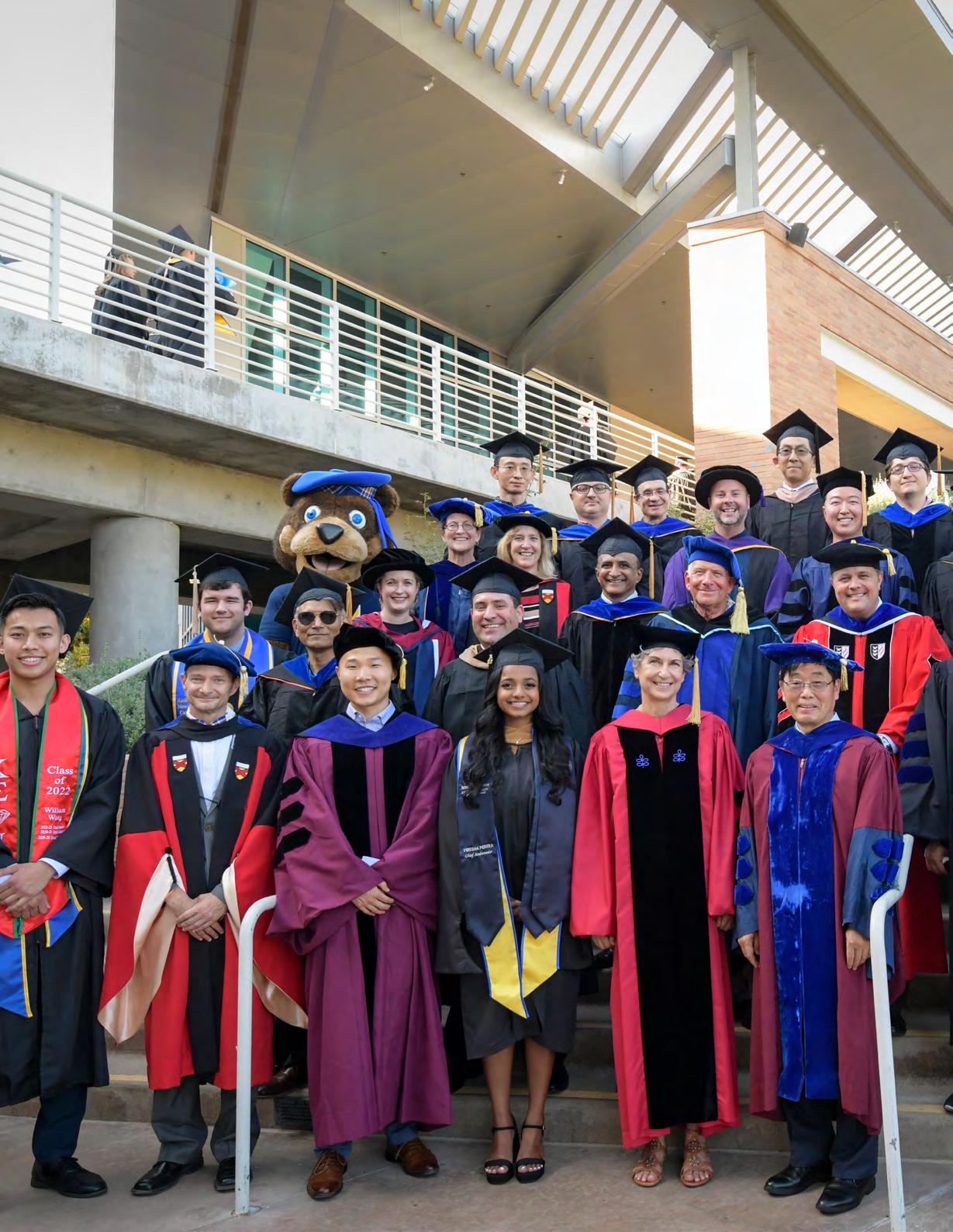
• Review and revise curricula in the undergraduate and graduate programs to enhance students’ competitiveness in the job market
• Offer an online MBA program
• Continue work on converting the undergraduate business administration major to a four-year major and integrating new prebusiness admitted students into the business school community
• Enhance and sustain engagement between employers, alumni, donors, and the school
• Expand the Career Development Center to increase industry outreach and to support student achievement
UC Riverside School of Business 14
15 business.ucr.edu
Strategic Planning Process
The 2022–2027 strategic planning process took place over the course of nine months culminating on December 14, 2021. The planning committee consisted of administrators, faculty, staff, students, and external stakeholders, and was facilitated by Academic Leadership Associates, the organization that led the process for developing the 2017–2022 plan.
To begin the review and update of our strategic plan, the school hosted a community meeting, open to all stakeholders, that involved assessing the changes underway in higher education, reviewing the 2017–2022 Pursuit of Excellence plan and the school’s accomplishments since it was launched, and a look to the future and how the school will build on the structure of the previous plan and move forward.
A series of planning meetings followed the community meeting in which the key performance indicators were affirmed, and a survey of stakeholders gathered feedback on desirable future directions and initiatives related to the three pillars of the plan, Environment, Engagement, and Empowerment. This information was reviewed by the committee in a follow-up planning meeting and incorporated, as approved by the committee, into the new plan pillars.
The revised plan was presented in a second community meeting, and a survey was taken for feedback on the revisions. A final plan was drafted and circulated for comments, resulting in this final strategic plan for the School of Business.
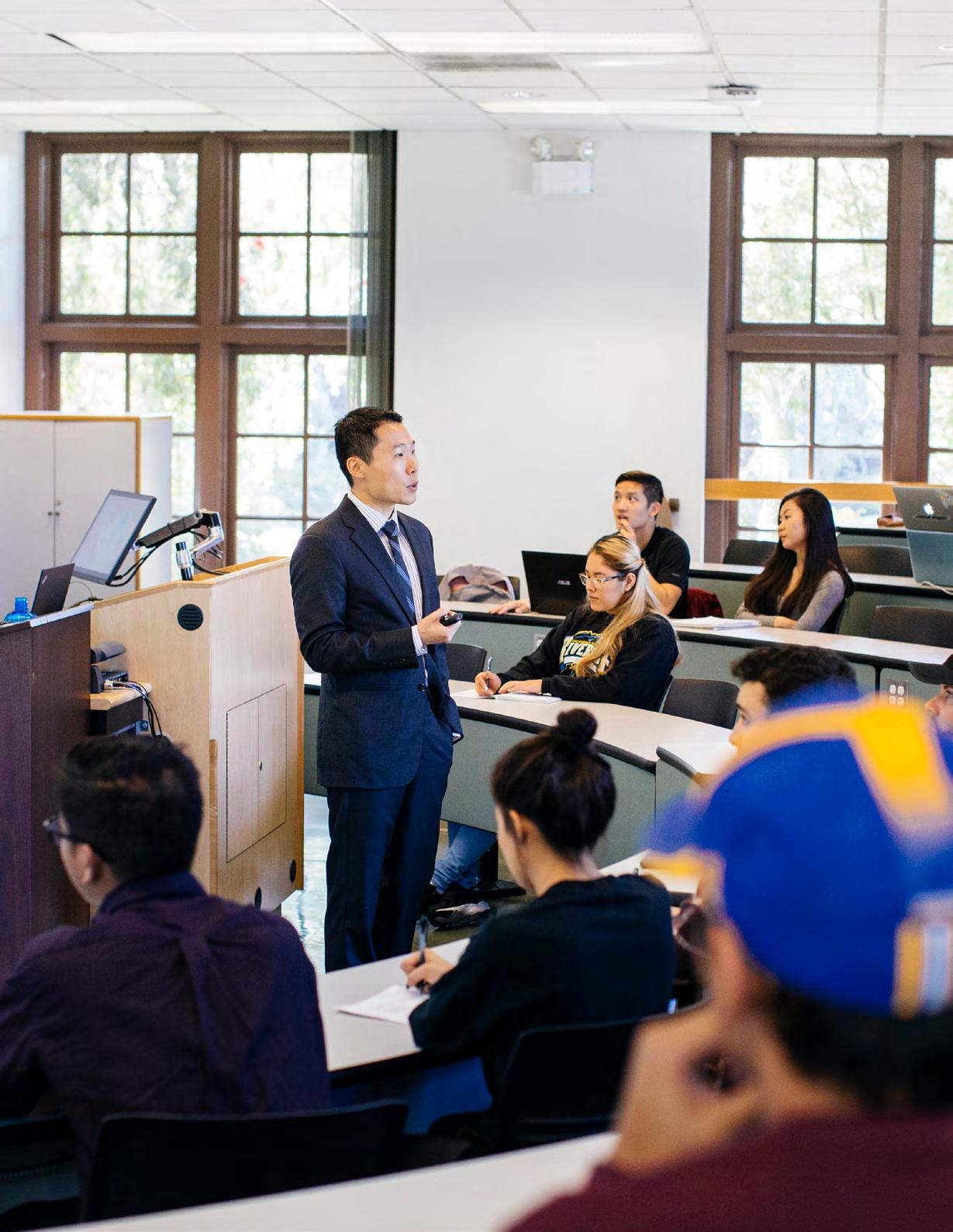
We wish to thank the members of the Strategic Planning Committee and Academic Leadership Associates, Michael Diamond and Mark Power Robson, for their guidance.
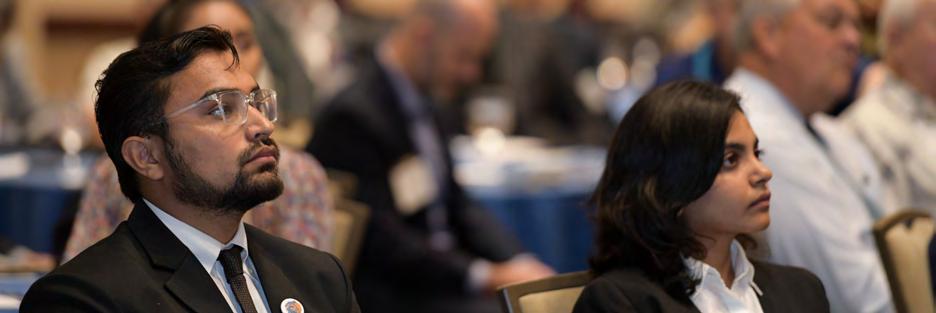
16 UC Riverside School of Business Strategic Plan 2022–2027 The Pursuit of Excellence 17 business.ucr.edu
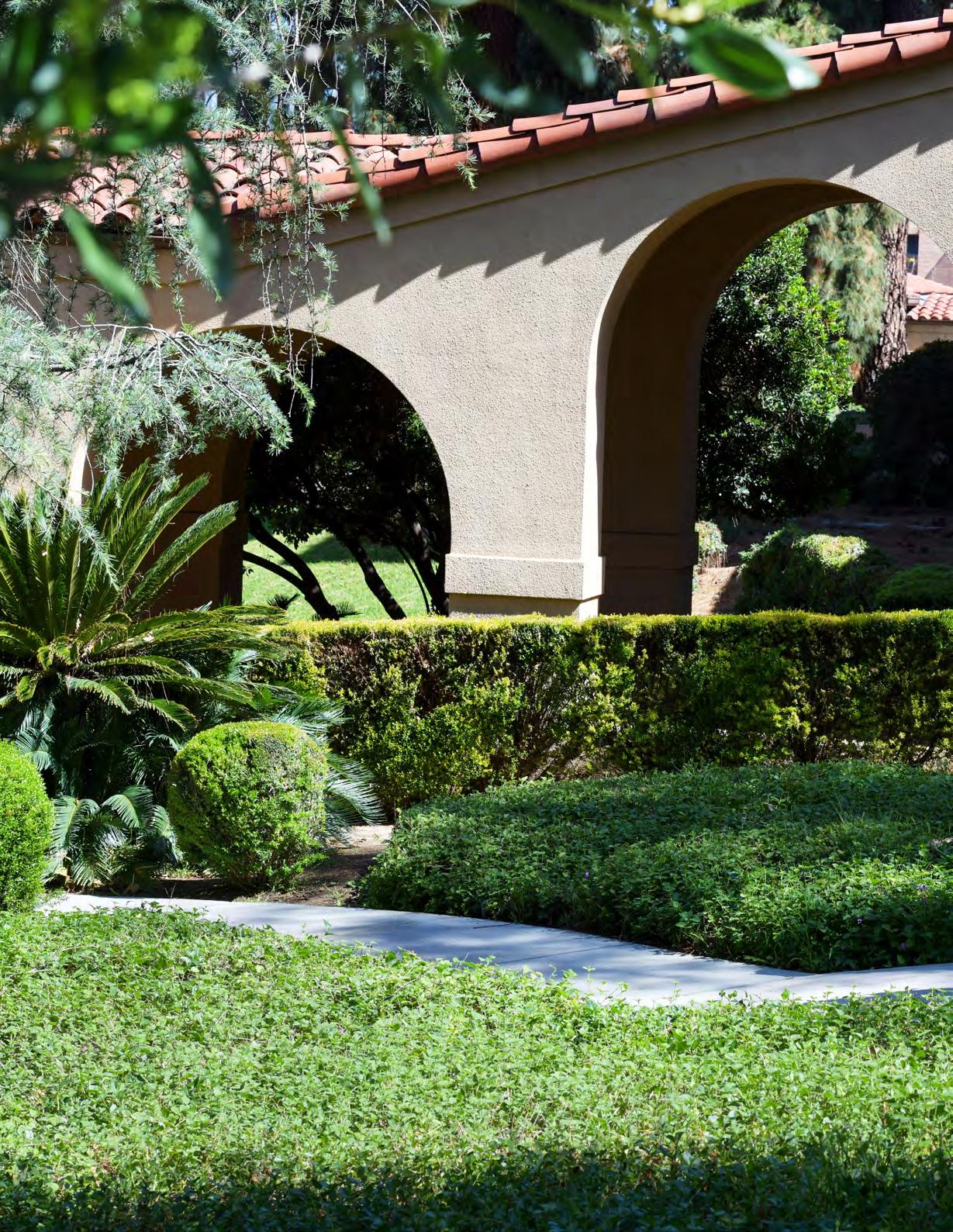
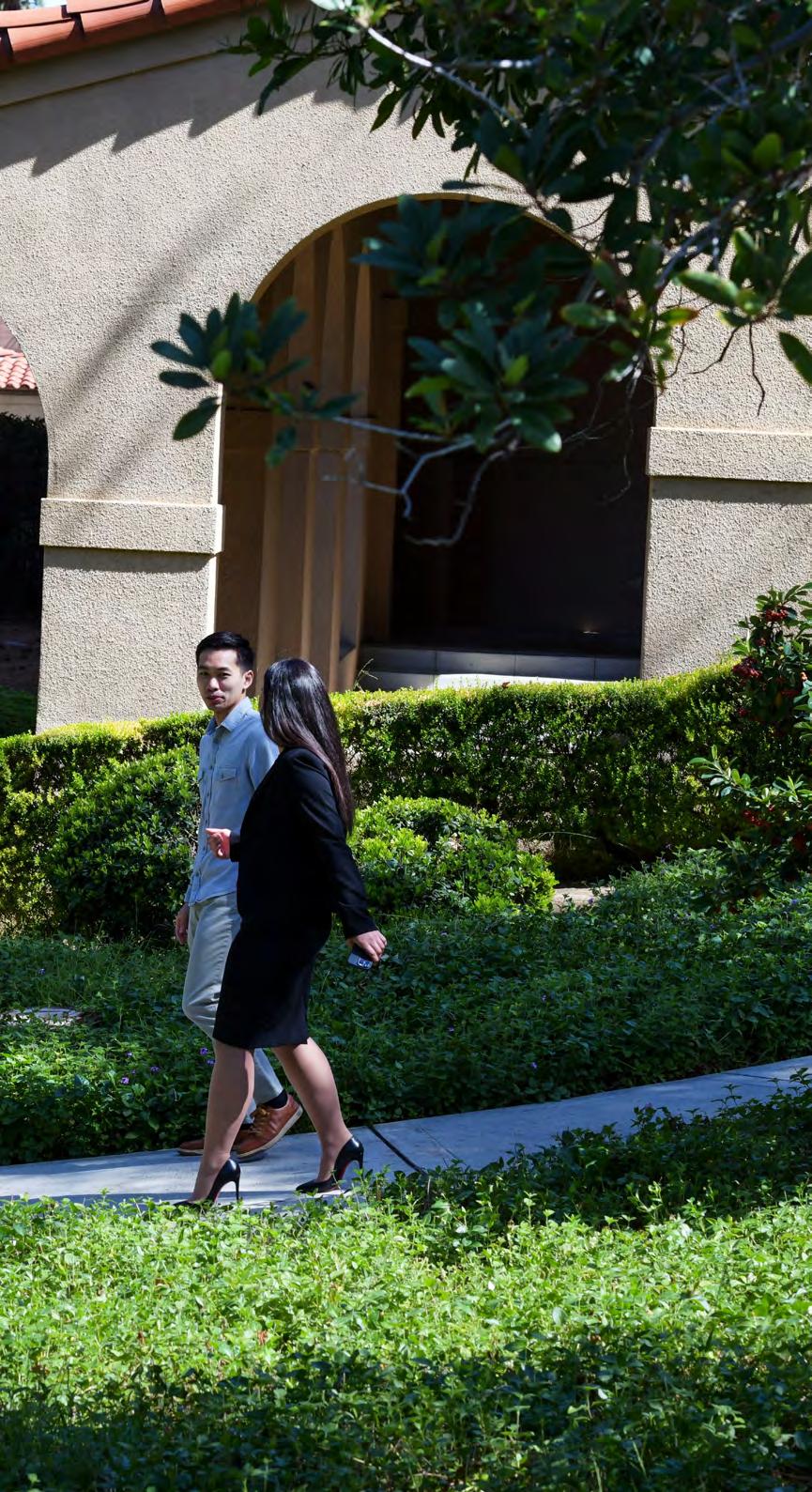
UNIVERSITY OF CALIFORNIA RIVERSIDE SCHOOL OF BUSINESS 900 University Ave., Riverside, CA 92521 • business@ucr.edu • (951) 827-6329 • business.ucr.edu Strategic Plan 2022-2027


















